Stamping out fraud in hiring practices across Europe
Research Manager Isabella Biletta looks at fraudulent practices in the contracting of work across the EU. The article is based on several years of Eurofound research on the subject.
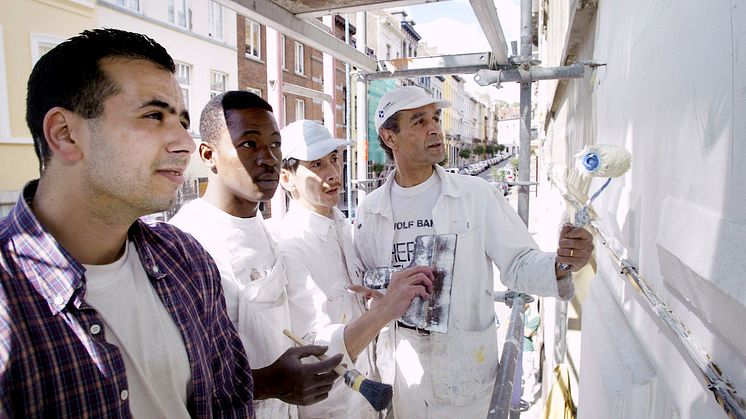
Research Manager Isabella Biletta looks at fraudulent practices in the contracting of work across the EU. The article is based on several years of Eurofound research on the subject.

The onset of the digital revolution has resulted in technological advances that are constantly evolving. This report reviews the history of the digital revolution to date, placing it in the context of other periods of marked technological advances and examining how technological change interacts with changes in institutions.
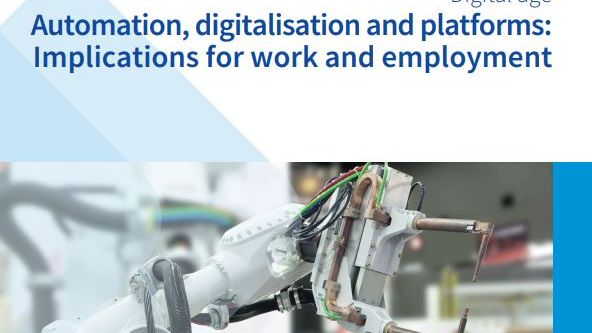
The integration of migrants from outside the EU into society is one of the key challenges that the Union must address to maintain social cohesion and equality. In this blog piece Enrique Fernández-Macías and Tania Paniagua de la Iglesia look at how well migrants and their descendants have integrated into the labour markets of EU Member States.

Increases to minimum wages have gathered pace since 2010, with the highest increases recorded in countries which had the lowest minimum wages. However a large gap remains, with minimum wage workers in Bulgaria, the country with the lowest statutory minimum wage, earning just one-eighth the salary of minimum wages workers in Luxembourg, which has the highest rate.
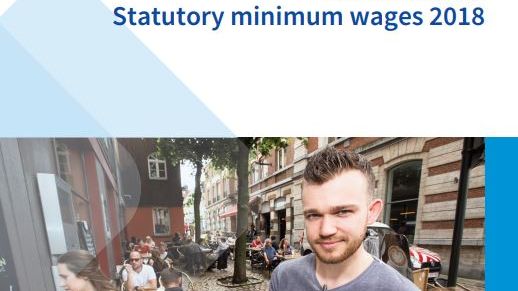
In this blog, originally posted in Social Europe, Massimiliano Mascherini looks at the enduring issue of long-term unemployment among young people. Despite considerable improvement in the labour market participation of youth in recent years, the legacy of the crisis is still visible in the substantial increase in the cohort of long-term unemployed young people.

The new report Game changing technologies: Exploring the impact on production processes and work summarises the findings of five case studies on the likely impact of game changing technologies on production and employment in the manufacturing sector in Europe up to 2025.

The Heads of the EU Agencies have pledged to communicate to their staff that harassment in the workplace is not acceptable, to ensure respect for existing laws and the staff regulation, to promote diversity at work, and to provide a trusted environment in the workplace.
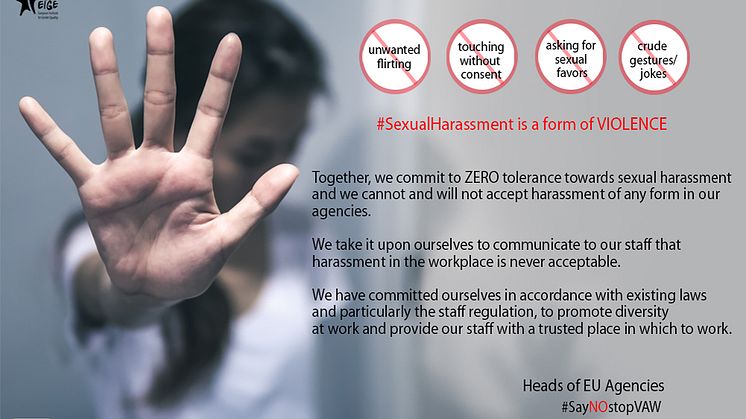
Eurofound and the European Economic and Social Committee, under the banner of the Bulgarian Presidency of the EU, bring together representatives of the social partners, EU institutions, national and regional representatives, practitioners, civil society and academics to debate on access and quality of public services in EU28, as highlighted in Eurofound’s European Quality of Life Survey.
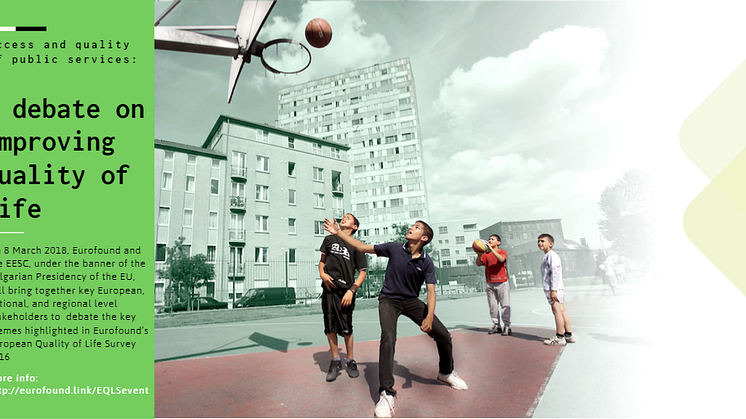
Ahead of International Women’s Day on 8 March we invite you to explore the issue of gender equality in depth, to read about the different areas in which gender equality is most urgently needed. Eurofound assists in the development of better social, employment and work-related policies for all EU citizens and those that call Europe home.

The European Quality of Life Survey explores a variety of aspects related to living standards, health, family and work–life balance, as well as people's happiness levels, and their perceptions regarding the quality of their society. The latest survey results for Finland paint a generally positive picture of the country in 2016, just a year before the 100th anniversary of its independence.
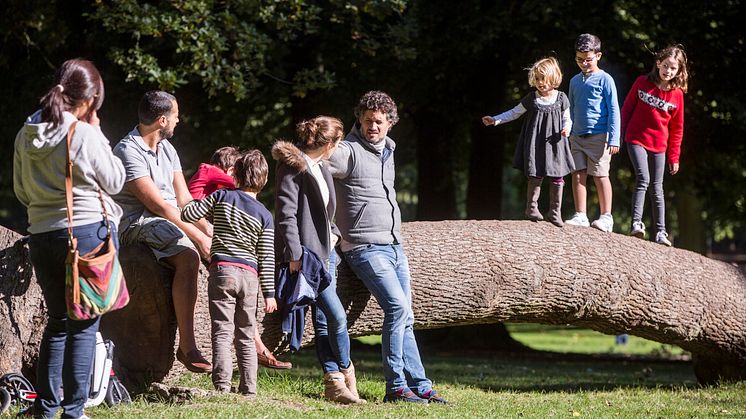
The pilot project on the Future of Manufacturing in Europe was launched in 2015 to explore the prospects for a globally competitive future in manufacturing and the associated implications for employment in terms of the number of jobs, workforce composition, skill needs and geographical dispersion throughout Europe.
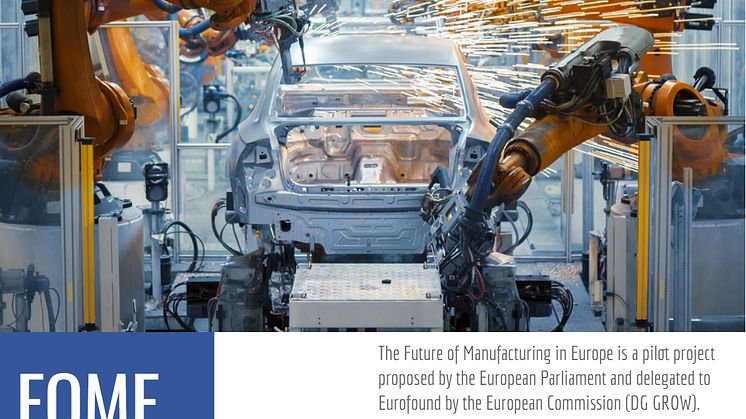
The new report on Working conditions of workers of different ages uses data from the latest European Working Conditions Survey in order analyse the different factors contributing to workers deciding to continue working in later life.
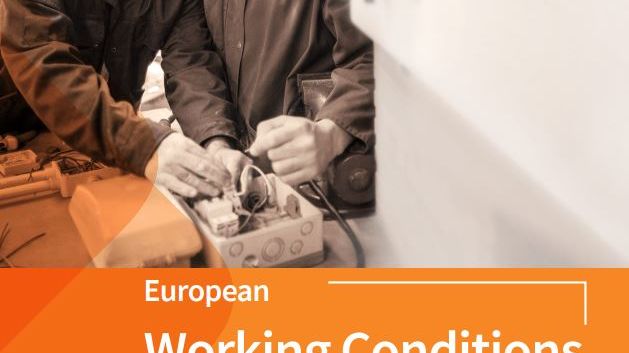
'NEET' is a broad label and includes young people in very diverse situations. This graph shows the composition of NEETs in the EU.
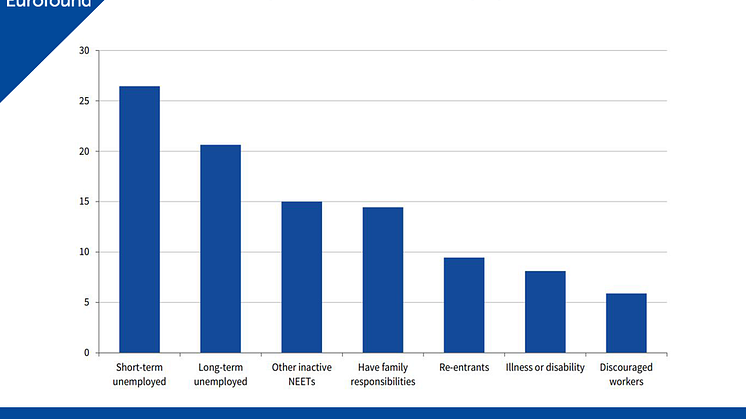
In this blog piece, originally published in Social Europe, Eurofound Research Manager Anna Ludwinek looks at the substantial section of the population that is not working and does not figure in unemployment statistics, but retains significant employment potential.

Young people are more affected than other age groups by long-term unemployment. While long-term youth unemployment is certainly not a new policy challenge for Europe, it now affects a wider range of young people than it ever did before.
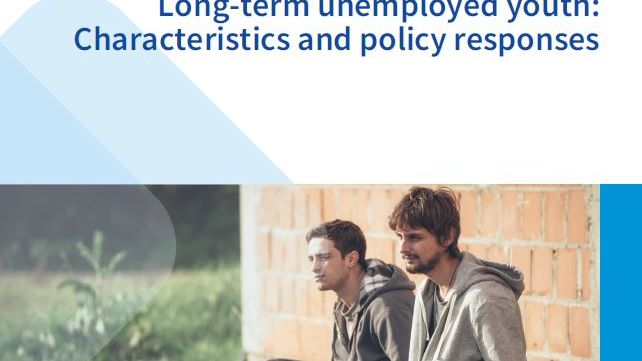
Eurofound will launch its new report on care homes for older Europeans at a special event on Tuesday 28 November 2017 in Europe House, Dublin.
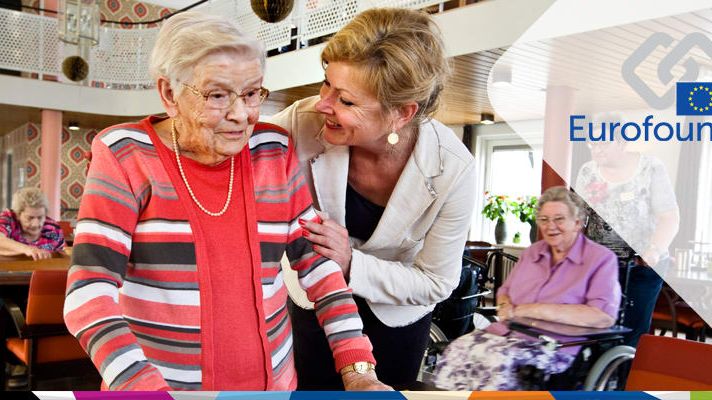
The Foundation Forum is Eurofound’s flagship event, aimed at reaching high-level policymakers in the field of social, employment and work-related policies. The event takes place in Dublin on 14-15 November 2017.
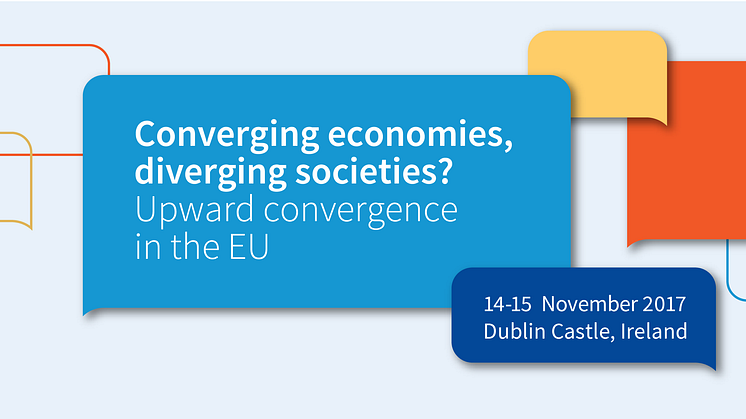
Friday 3 November is European Equal Pay Day. In the following blog piece Christine Aumayr-Pintar looks at the issue of pay inequality, contending that far from being a fair weather issue, addressing pay gaps should be an ongoing priority for Europe.
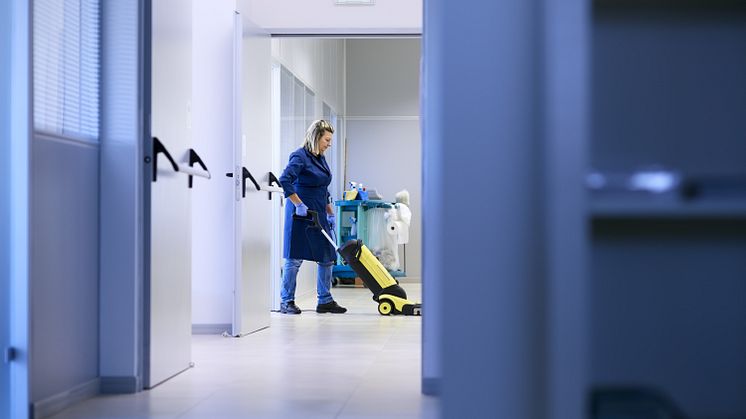
Unemployment in the EU continues to fall, however more than one in four of the EU’s working-age population are economically inactive; meaning they are not working, and are not seeking work or are not available for work.
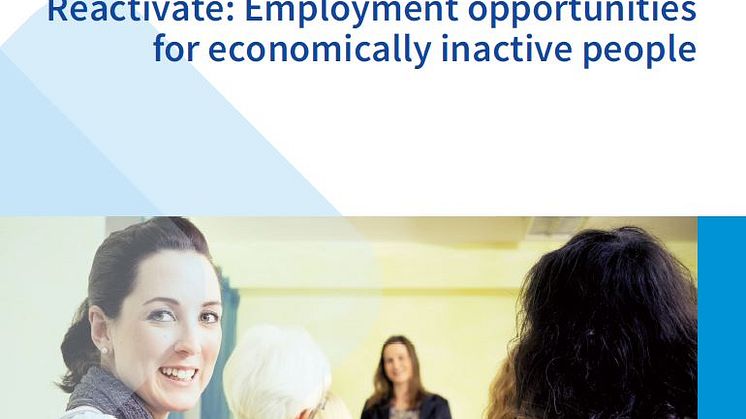
Working time is more than just clocking in and clocking out. In this blog piece, originally published in Social Europe, Jorge Cabrita looks at three reasons why working time in Europe should follow a life course perspective.
